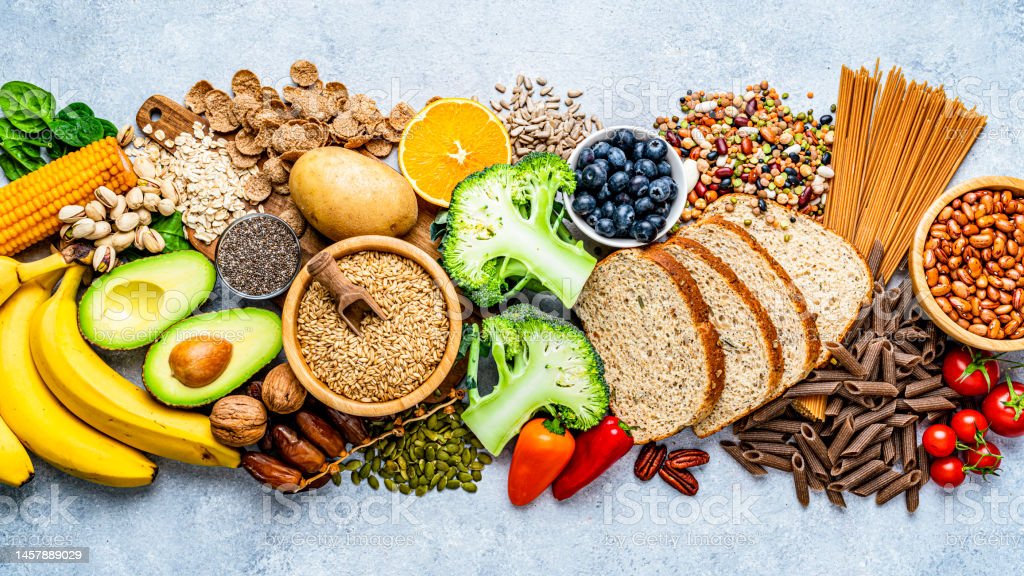
When it comes to maintaining a healthy smile, it’s not just about brushing and flossing; your diet plays a crucial role. The foods you eat directly impact your oral health, from the strength of your teeth to the health of your gums. In this blog, we’ll explore the vital role of nutrition in promoting a beautiful and resilient smile.
The Connection Between Diet and Oral Health
Your diet has a direct impact on your oral health for several reasons:
Calcium and Phosphorus: These minerals are essential for building strong teeth and bones. Dairy products like milk, yogurt, and cheese are excellent sources of calcium. Incorporating these into your diet helps fortify your teeth.
Vitamin D: Vitamin D helps your body absorb calcium, which is crucial for strong teeth. Exposure to sunlight and consuming foods like fatty fish (salmon, mackerel) and fortified dairy products can provide your body with the vitamin D it needs.
Vitamin C: Vitamin C is essential for gum health. It helps prevent gum disease and can be found in citrus fruits, strawberries, and vegetables like bell peppers.
Antioxidants: Antioxidants like vitamin E help protect your gums and other oral tissues from damage. Nuts, seeds, and leafy greens are rich sources of vitamin E.
Fiber: High-fiber foods stimulate saliva production, which helps neutralize acids and cleanse the mouth. Fiber-rich foods include apples, carrots, and leafy greens.
Oral-Friendly Foods to Include in Your Diet
Dairy Products: Milk, yogurt, and cheese provide calcium and are low in sugar. They help strengthen tooth enamel and prevent decay.
Leafy Greens: Spinach, kale, and Swiss chard are high in vitamins and minerals while being low in calories. They promote gum health and overall oral wellness.
Crunchy Fruits and Vegetables: Apples, carrots, and celery act as natural toothbrushes, scrubbing away plaque and stimulating saliva production.
Lean Proteins: Chicken, fish, and lean meats provide protein, which is essential for tissue repair and maintenance.
Nuts and Seeds: Almonds, walnuts, and chia seeds are rich in vitamins, minerals, and healthy fats that support oral health.
Foods and Drinks to Limit or Avoid
Sugary Snacks and Beverages: Sugary foods and drinks can lead to tooth decay. Limit your intake of candies, sugary sodas, and snacks.
Acidic Foods: Foods and drinks high in acidity, like citrus fruits and sodas, can weaken tooth enamel. Consume them in moderation and rinse your mouth with water afterward.
Sticky Foods: Sticky snacks like dried fruits and caramel can adhere to teeth, increasing the risk of cavities.
Balancing Your Diet for Oral Health
To maintain a diet that promotes oral health:
- Eat a variety of foods to ensure you get a broad spectrum of nutrients.
- Limit snacking between meals to reduce exposure to sugars and acids.
- Drink plenty of water, as it helps rinse away food particles and bacteria.
- Maintain a balanced diet and practice portion control to prevent over-consumption of sugary or acidic foods.
Overhead view of a large group of food with high content of dietary fiber arranged side by side. The composition includes berries, oranges, avocado, chia seeds, wholegrain bread, wholegrain pasta, whole wheat, potatoes, oat, corn, mixed beans, brazil nut, sunflower seeds, pumpkin seeds, broccoli, pistachio, banana among others. High resolution 42Mp studio digital capture taken with SONY A7rII and Zeiss Batis 40mm F2.0 CF lensRemember, a healthy smile starts from within. By making smart nutritional choices and incorporating oral-friendly foods into your diet, you’re not only fueling your body but also protecting your teeth and gums for a lifetime of smiles.
If you have specific questions about your diet and its impact on your oral health, don’t hesitate to reach out to our dental professionals at Pure Bliss Dental Care at 3341 0049. We’re here to provide you with personalized guidance and support to help you achieve and maintain a vibrant, healthy smile.





